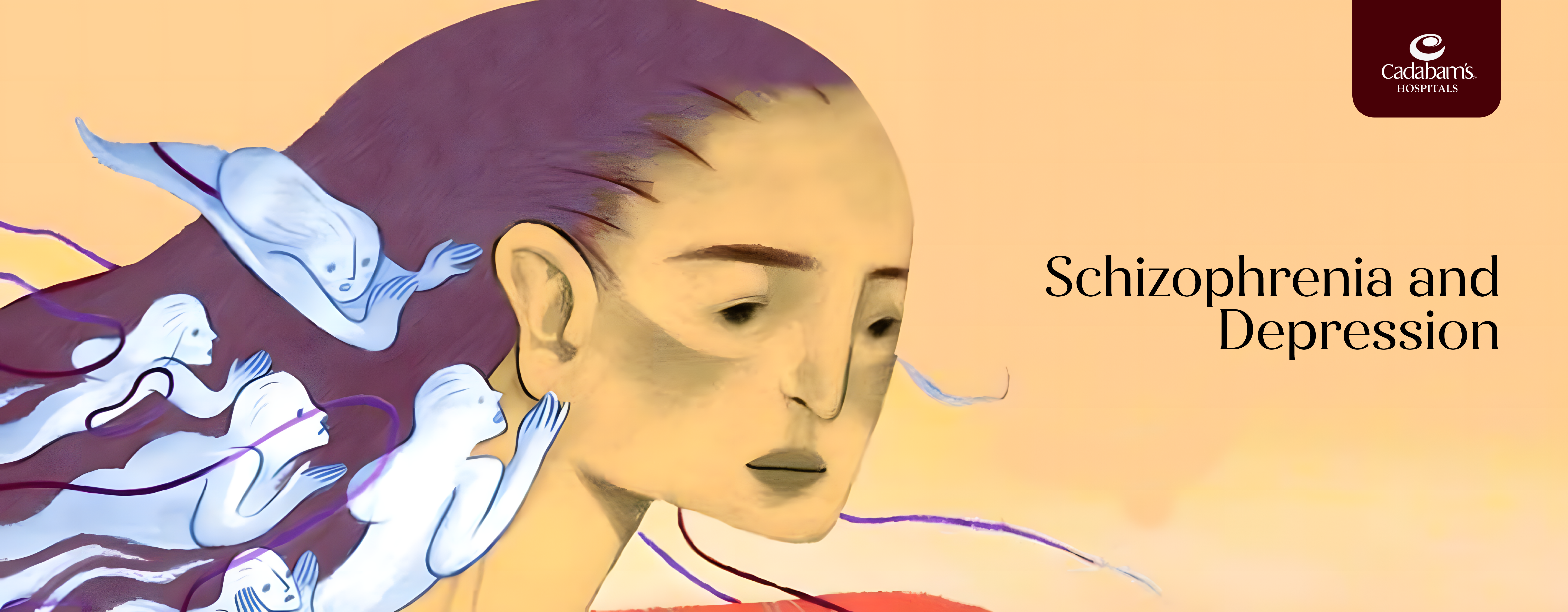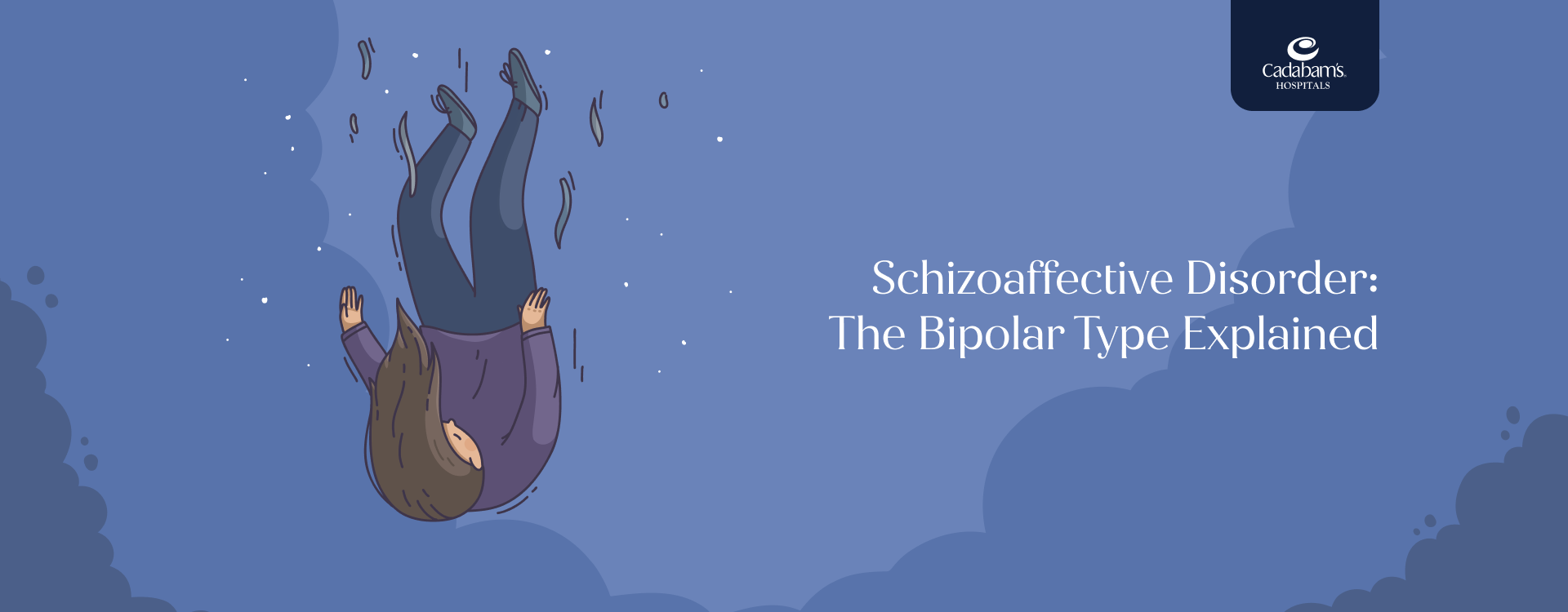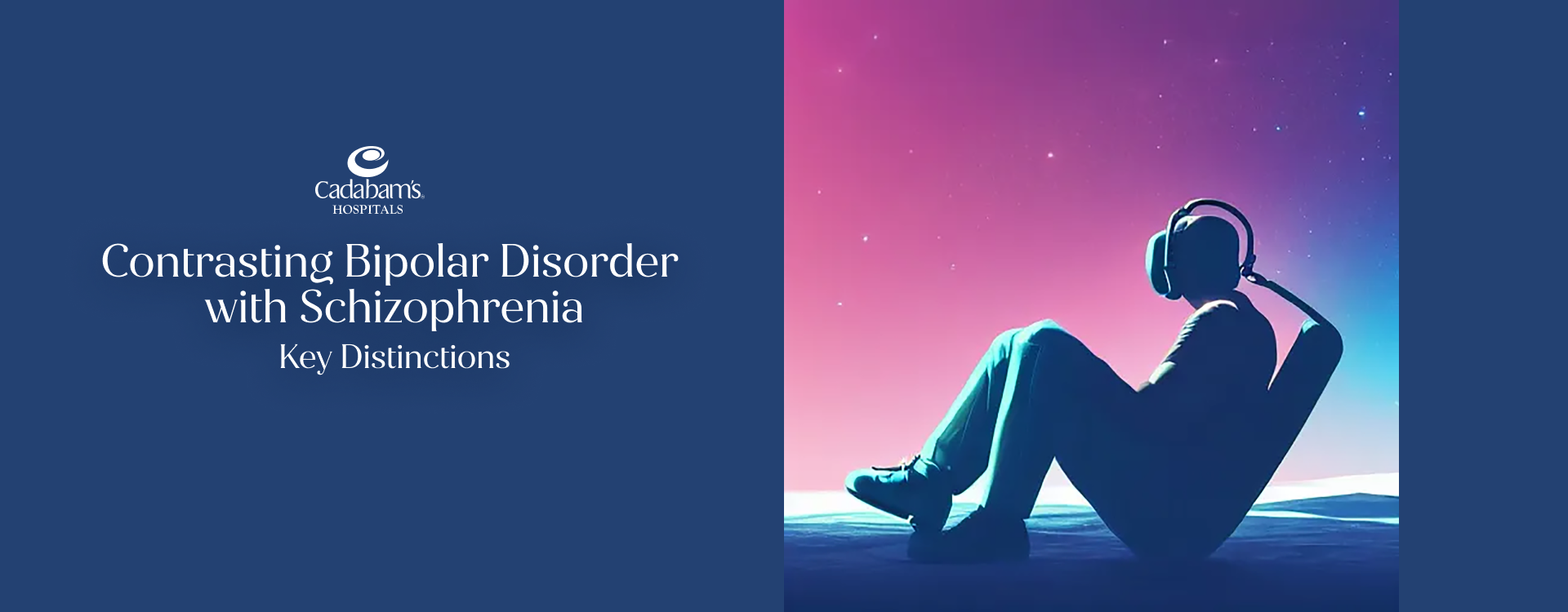What is Neurofeedback Therapy?
Neurofeedback therapy involves using electrodes on the head to navigate cognitive functions. They can then observe how their brain responds to various cues from a therapist through auditory or visual feedback. This is helpful for dealing with audio-visual hallucinations and more.
The Science Behind Neurofeedback
Delusions and hallucinations are the most common symptoms of schizophrenia. Therefore, neurofeedback for schizophrenia uses computer-based programs to trace a person’s brain activity. The therapist or mental health professionals will prompt a specific neural event for patients in a controlled space to check their reactions.
Through the responses noted by the graph, patients become aware of their reactions. Since they may not even realize half of their responses, professionals will help them to understand better.
Neurofeedback vs. Traditional Therapies
Even though neurofeedback is a newer approach and research on it is still ongoing, it has proven to be highly effective in monitoring brain activities. Medications are usually the treatment option; they may have side effects. Neurofeedback is perfect for individuals who are trying to take a non-invasive and non-medicated treatment option.
The best treatment option can be provided only after mental health professionals assess individuals’ conditions.
Safety and Efficacy of Neurofeedback
Neurofeedback is a process carried out by licensed professionals in a controlled environment using the latest technology. It is a non-invasive treatment and brain training technique that is widely regarded as safe and has few side effects. It can provide an accurate depiction of a patient’s neural responses. When side effects occur after the therapy, they are usually minor and can be resolved within 24 to 48 hours.
Get Schizophrenia Diagnosed in Bangalore
Getting the correct diagnosis and treatment is the key to treating schizophrenia. If you are considering neurofeedback for schizophrenia, Cadabams Hospital can be your guide. Our expert mental health professionals and state-of-the-art infrastructure offer neurofeedback therapy. You might be recommended to take several diagnostic procedures to rule out other health concerns and to prevent misdiagnosis. Your treatment plan will be tailored to your needs under our holistic care.
Neurofeedback Therapy in Treating Schizophrenia
Neurofeedback therapy uses real-time brainwaves to monitor a patient’s brain activities, learn to regulate them, improve cognitive function, and reduce symptoms.
Mechanism of Neurofeedback in Schizophrenia Treatment
Neurofeedback is effective in treating schizophrenia by retaining the brain to produce healthier brainwave patterns because people with schizophrenia usually have abnormal patterns of brainwaves. This helps their mood regulation and may also include increasing activity in some areas while decreasing activity in others to improve their symptom management and reduce the symptom severity.
Customizing Neurofeedback for Individual Needs
Every individual with schizophrenia exhibits symptoms differently, therefore, it is crucial to customize neurofeedback therapy to cater to their unique needs and requirements. The mental health professional will assess each individual and create a treatment plan that is specific to their brainwave patterns and symptoms.
Integrating Neurofeedback with Other Treatments for Schizophrenia
Neurofeedback effectively reduces the symptoms, but it is not used as a replacement treatment plan, only a complementary approach in addition to medications and psychotherapy. When combined with other treatments, its efficacy can be increased, and individuals may experience a more comprehensive treatment plan including preventive mechanisms, functional improvement, and symptom management.
What to Expect in a Neurofeedback Therapy Session for Schizophrenia
Schizophrenia is a complex mental health disorder, therefore: a person with schizophrenia will be asked to take several tests in the initial stage, to rule out other medical complications.
In a neurofeedback therapy session, you can expect a therapist to place electrodes on your scalp to monitor brainwaves. You will engage in activities like watching movies or listening to music, designed to regulate your brain activities.
Why Choose Neurofeedback Therapy for Schizophrenia Treatment?
While medications and psychotherapeutics are usually used to treat schizophrenia and can significantly improve the well-being of an individual, neurofeedback offers its unique benefits. It is a perfect option for those who want to avail themselves of treatment options that are both non-medicated in nature and non-invasive. It reduces symptoms like anxiety, sleeping disorders, depression, and more.
The Benefits of Neurofeedback Therapy for Schizophrenia Patients
Every form of treatment has advantages over the others, and neurofeedback therapy is one of them.
Improving Cognitive Function and Symptom Management: This type of therapy aids in the identification of brain reactions to specific stimuli that contribute to your symptoms. It enables people to teach their brains to function more optimally, thus increasing memory and attention. These enhancements can aid people in managing their daily lives and may minimize the intensity of symptoms such as hallucinations and delusions.
Enhancing Emotional Regulation: Schizophrenia patients struggle to control their emotions, and when they do, they frequently lack the appropriate tool. Neurofeedback lessens symptoms, enhances general wellbeing, and assists individuals in better managing their emotions.
Long-term Outcomes of Neurofeedback Therapy: Despite being a more recent therapeutic alternative, it offers the support that is required to promote long-term rehabilitation by enhancing quality of life and symptom relief.
Find the Best Rehab Center for Schizophrenia in Bangalore
It is essential to select a rehab center that can provide all the required assistance and emergency intervention. If you’re looking for the top schizophrenia rehab center in Bangalore, choose those that provide a tailored and holistic approach, and have qualified experts who can provide medication management, therapy, and other social services. Cadabams’ staff are well-equipped to offer a complete treatment plan that promotes long-term rehabilitation and general well-being without overwhelming them.
Why Choose Cadabams?
Having worked in the mental health area for more than thirty years, our interdisciplinary team is aware that every person with schizophrenia experiences symptoms in a unique way. As a result, we create individualized treatment plans that precisely match each patient’s unique symptoms.
Our Expertise in Neurofeedback and Mental Health for Schizophrenia
Our qualified and skilled specialists evaluate patients with schizophrenia and administer neurofeedback therapy based on each patient’s specific requirements. We design our treatments such that they are comfortable the entire time.
State-of-the-Art Facilities in Cadabams for Schizophrenia
Cadabams Hospital provides state-of-the-art facilities outfitted to deliver neurofeedback therapy in a safe and regulated environment. This guarantees prompt and efficient support.
Commitment to Holistic Treatment and Recovery for Schizophrenia
Because schizophrenia is such a complex condition, a well-thought-out treatment approach is necessary. We use a comprehensive approach to promote improvement at each person’s own speed in a nonjudgmental and encouraging environment.
Continued Care and Follow-Up Programs for Schizophrenia
Our post-rehabilitation initiatives focus on empowering individuals with schizophrenia with a diverse set of tools to effectively navigate their symptoms outside of structured environments, fostering independence and resilience.
FAQ
Can Neurofeedback help with Schizophrenia?
Neurofeedback can significantly alleviate symptoms of schizophrenia and enhance overall quality of life, offering a rapid and secure intervention method.
How long does a Neurofeedback treatment session last for Schizophrenia?
Typically, neurofeedback therapy entails around 30 to 40 sessions, with sessions occurring 2 to 3 times per week. Improvement in symptoms may become noticeable as early as the 10th session.
Who is eligible for Neurofeedback therapy?
In cases where individuals with schizophrenia haven’t seen favorable outcomes with conventional treatments such as medication and psychotherapy, neurofeedback therapy is integrated into their treatment regimen to alleviate symptoms.
Is Neurofeedback safe for treating Schizophrenia?
Neurofeedback offers a safe and medication-free approach to effectively managing schizophrenia symptoms, utilizing non-invasive techniques. This therapy is conducted in a supervised environment to ensure safety and minimize any potential risks.
How does a Neurofeedback session work?
Each session is conducted by an experienced psychologist, family therapist, or counselor. During the session, sensors are attached to specific areas of your head to measure your brain signal. Different cues are used to train your brain activity into a more peaceful state.
Is Neurofeedback Therapy effective in Treating Schizophrenia?
Up to 60% of individuals with Schizophrenia show altered signs of brain activity. Further, specific changes in a person’s EEG are seen to coincide with different behavioral symptoms of the disorder. Consequently, Neurofeedback Therapy is seen to be effective in treating positive, negative and cognitive symptoms of the disorder.














 Available
Available



















